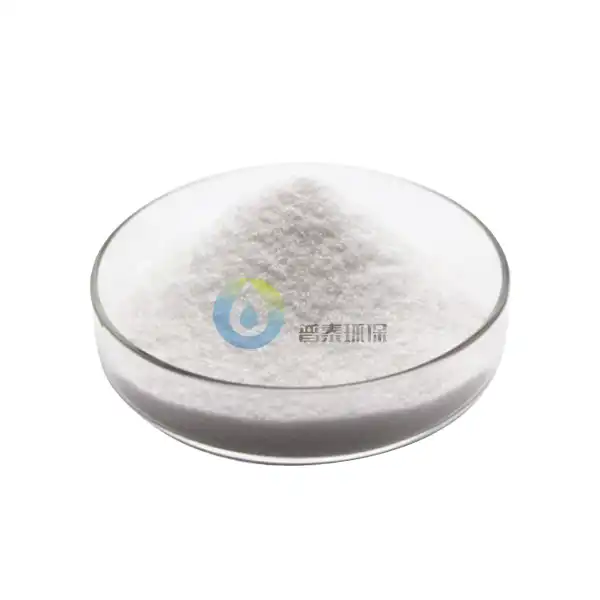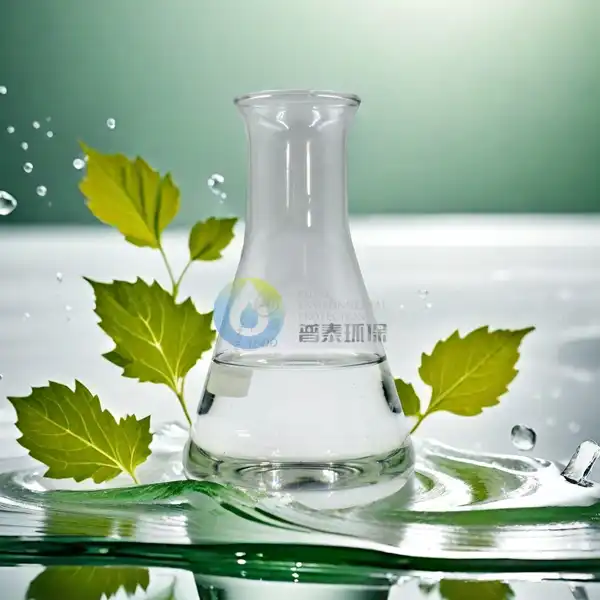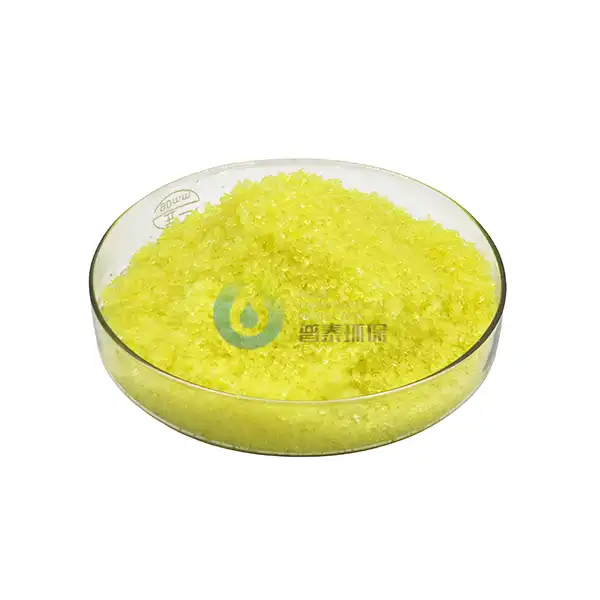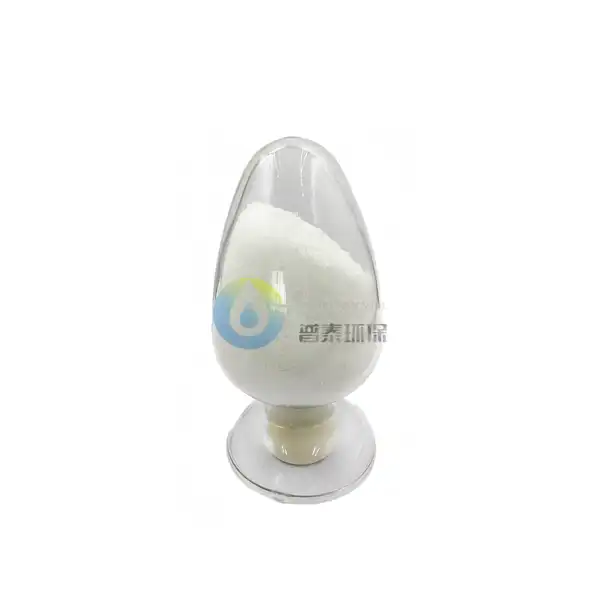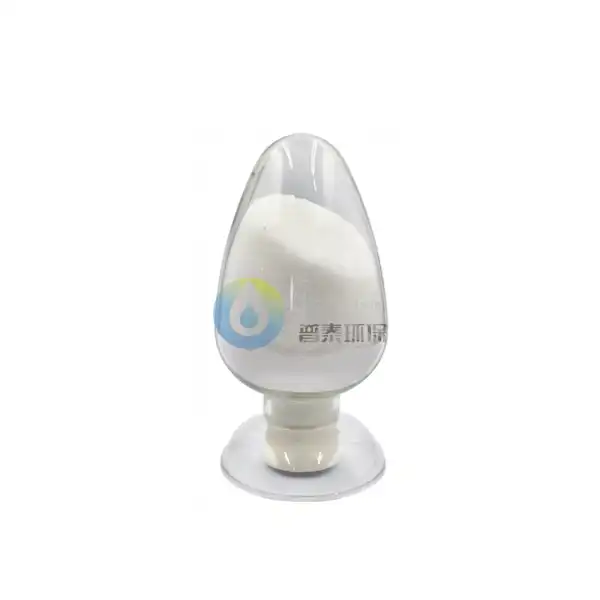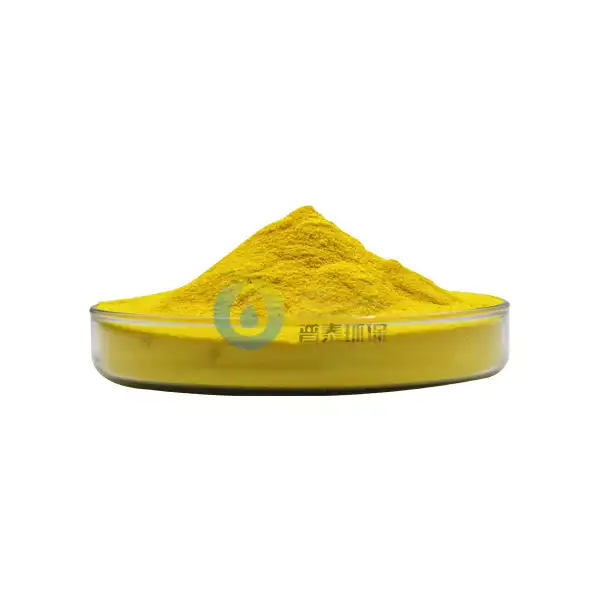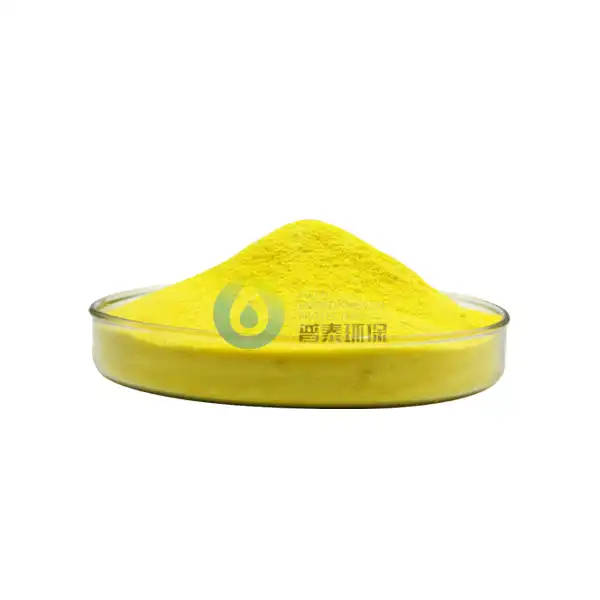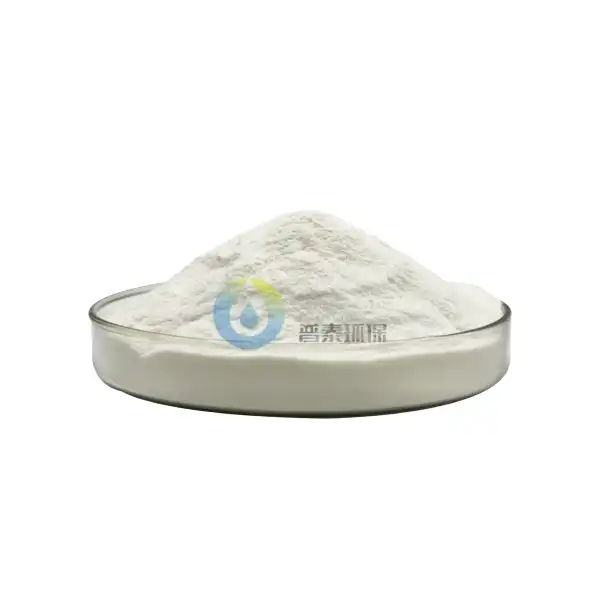What is Industry Grade Polyaluminum Chloride?
Industry Grade Polyaluminum Chloride (PAC) is an effective inorganic polymer coagulant widely used in water and wastewater treatment. With its molecular formula [Al(OH)xCly]n, PAC offers superior flocculation, coagulation, and purification capabilities. Its popularity stems from better performance compared to traditional coagulants, cost-effectiveness, and environmental benefits. As industries prioritize efficient water treatment solutions, the demand for high-quality Industry Grade Polyaluminum Chloride continues to grow.
What Are the Key Applications of Industry Grade Polyaluminum Chloride in Water Treatment?
Municipal Drinking Water Purification
Industry Grade Polyaluminum Chloride plays a crucial role in purifying municipal drinking water supplies. When added to raw water, PAC effectively removes turbidity, color, harmful microorganisms, and various impurities through its coagulation mechanism. It works by neutralizing the negative charges of suspended particles, allowing them to form larger flocs that can be easily filtered out. Unlike aluminum sulfate (alum), Industry Grade Polyaluminum Chloride performs well across a wider pH range (5.0-8.0), making it more versatile for different water sources. Additionally, PAC produces less sludge, which means lower disposal costs for water treatment facilities. Many municipal plants report up to 30% improvement in turbidity removal after switching to Industry Grade Polyaluminum Chloride from conventional coagulants.
Industrial Wastewater Management
Industry Grade Polyaluminum Chloride excels in industrial wastewater management, addressing complex contamination challenges. Industries such as textiles, paper manufacturing, food processing, and metal processing generate wastewater containing emulsified oils, heavy metals, organic compounds, and colored substances. PAC effectively removes these contaminants through enhanced adsorption and bridging mechanisms. Its pre-hydrolyzed nature allows it to work effectively even in low-temperature conditions. Furthermore, Industry Grade Polyaluminum Chloride helps industries meet environmental regulations by efficiently reducing chemical oxygen demand (COD), biochemical oxygen demand (BOD), and total suspended solids (TSS) in wastewater effluents. Many facilities report that implementing PAC-based treatment systems has decreased their environmental footprint while reducing operational costs.
Swimming Pool and Recreational Water Clarification
Industry Grade Polyaluminum Chloride has transformed water clarity management in swimming pools and recreational facilities. As a potent clarifying agent, PAC effectively removes fine particles, organic matter, and microorganisms that cause cloudiness in swimming pools. It works rapidly to coagulate contaminants, allowing filtration systems to capture them efficiently. Unlike some alternative treatments, PAC doesn't significantly affect water pH or produce strong odors, making it more user-friendly. Industry Grade Polyaluminum Chloride requires lower dosages compared to traditional clarifiers, resulting in cost savings and reduced chemical handling. Pool operators value PAC's ability to quickly recover water clarity after high-usage periods or weather events that introduce additional contaminants.
How Does Industry Grade Polyaluminum Chloride Compare to Other Coagulants?
Effectiveness Across Variable pH Conditions
Industry Grade Polyaluminum Chloride outperforms traditional coagulants across variable pH conditions. Unlike aluminum sulfate that works optimally in a narrow pH range, PAC maintains effectiveness across a much wider pH range (5.0-8.0). This expanded operational range stems from PAC's pre-hydrolyzed nature and unique polymeric structure. When water treatment plants face fluctuating pH levels due to seasonal changes or industrial discharges, Industry Grade Polyaluminum Chloride delivers consistent performance without extensive pH adjustment. This attribute reduces chemical consumption associated with pH correction and simplifies treatment processes. In comparative studies, Industry Grade Polyaluminum Chloride has shown up to 40% better turbidity removal than ferric chloride in challenging pH environments, particularly in slightly alkaline conditions where many conventional coagulants lose efficiency.
Temperature Sensitivity and Cold Weather Performance
A major advantage of Industry Grade Polyaluminum Chloride is its exceptional performance in cold conditions. Conventional coagulants like aluminum sulfate and ferric chloride show reduced efficiency during cold weather, as lower temperatures slow down hydrolysis reactions. In contrast, Industry Grade Polyaluminum Chloride, being pre-hydrolyzed during manufacturing, maintains its properties even when water temperatures drop significantly. Treatment plants report that PAC effectively clarifies water at temperatures as low as 1-2°C, where alum might require up to 50% higher dosages for similar results. This temperature resilience makes Industry Grade Polyaluminum Chloride valuable for facilities that cannot heat their treatment processes or must operate with seasonally cold water sources. PAC's cold-weather performance also translates to more predictable operational costs throughout the year, eliminating the need for seasonal adjustments in chemical dosing.
Sludge Production and Environmental Impact
Industry Grade Polyaluminum Chloride offers environmental benefits over conventional coagulants, particularly regarding sludge production. When used in water treatment, PAC typically generates 25-40% less sludge compared to aluminum sulfate at equivalent dosages. This reduced sludge production translates to lower handling, dewatering, transportation, and disposal costs for treatment facilities. The sludge produced by Industry Grade Polyaluminum Chloride also has better dewatering characteristics, achieving higher solids concentration with less conditioning chemical requirements. From an environmental perspective, the smaller sludge footprint reduces landfill utilization and carbon emissions associated with sludge transportation. Additionally, Industry Grade Polyaluminum Chloride introduces fewer sulfates or chlorides into treated water compared to traditional alternatives, minimizing potential impacts on receiving water bodies.
What Factors Influence the Quality and Performance of Industry Grade Polyaluminum Chloride?
Manufacturing Process and Raw Material Purity
The manufacturing process and raw material purity fundamentally determine the quality of Industry Grade Polyaluminum Chloride. High-quality PAC production begins with carefully selected aluminum sources that must meet strict purity standards to prevent contamination with unwanted metals. The controlled hydrolysis process, where aluminum ions are partially neutralized under specific conditions, influences the formation of polymeric aluminum species that give PAC its superior coagulation properties. Manufacturers employing advanced reactor designs with precise control over reaction parameters produce PAC with more effective polymeric structures. The basicity ratio during manufacturing directly affects the product's performance, with medium to high basicity PAC (70-85%) generally demonstrating optimal flocculation capabilities. Advanced production methods yield more consistent product quality compared to batch production approaches. Water treatment facilities should recognize that variations in PAC manufacturing protocols can significantly impact treatment outcomes.
Concentration and Stability During Storage
The concentration and stability of Industry Grade Polyaluminum Chloride during storage influence its performance and economic value. Standard liquid PAC typically contains aluminum content (as Al₂O₃) ranging from 10% to 18%, with higher concentrations offering better value through reduced shipping costs per active unit. However, highly concentrated Industry Grade Polyaluminum Chloride presents stability challenges, particularly potential precipitation during prolonged storage or exposure to extreme temperatures. Quality manufacturers incorporate stabilizing agents and production controls to enhance the shelf life of concentrated PAC formulations. Proper storage conditions are critical, with recommendations for maintaining liquid PAC between 0-40°C in corrosion-resistant containers to preserve product integrity. The stability directly correlates with effectiveness; degraded product may require higher dosages to achieve target water quality parameters, negating potential cost savings.
Application-Specific Formulation Requirements
Industry Grade Polyaluminum Chloride requires tailored formulations for different water treatment challenges. The basicity, aluminum content, and polymer structure can be adjusted during manufacturing to address particular contaminant profiles. For drinking water applications, PAC formulations typically feature medium basicity (70-75%) and controlled residual aluminum to meet regulatory standards. Industrial wastewater treatment often benefits from higher basicity PAC (80-85%) with enhanced flocculation properties to address complex contaminants. Paper industry applications may require specially modified PAC with controlled cationic charge density. The physical form—whether liquid or solid—also influences application suitability, with powder formulations offering advantages for remote locations with challenging liquid chemical transportation logistics. Water treatment professionals should collaborate with reputable suppliers to select formulations engineered for their unique water characteristics and treatment objectives.
Conclusion
Industry Grade Polyaluminum Chloride has established itself as a superior coagulant in water treatment applications due to its versatility, efficiency, and environmental benefits. Its unique chemical structure enables exceptional performance across varying pH levels, temperatures, and contaminant profiles, making it invaluable for drinking water purification, wastewater management, and industrial processes. As water quality standards become increasingly stringent worldwide, PAC's role will continue to expand, supported by ongoing advancements in manufacturing and application techniques.
Xi'an Putai Environmental Protection Co., Ltd. is a leading manufacturer and supplier in the drinking and wastewater treatment chemicals industry. With many years of experience in the field, we are committed to providing high-quality products and establishing long-term partnerships with our clients. Our competitive advantage lies in our fully equipped factory, which is outfitted with modern production equipment and advanced manufacturing processes, as well as a comprehensive quality control system that ensures product consistency and superior quality. Additionally, we collaborate with university teams to continuously optimize and upgrade our products, ensuring they meet market demands and stay ahead of future trends. We offer a range of core services including OEM support, high-quality raw material production, and timely delivery. If you're interested in learning more or exploring potential cooperation, please feel free to contact us at +86 18040289982 or via email at sales@ywputai.com. We look forward to the opportunity to work with you.
References
1. Wang, J., & Zhang, Y. (2023). Advanced water treatment technologies: The role of polyaluminum chloride in modern purification systems. Journal of Water Process Engineering, 51, 102-119.
2. Kimura, M., Matsui, Y., & Kondo, K. (2022). Comparison of coagulation mechanisms between polyaluminum chloride and conventional aluminum salts. Water Research, 208, 117-131.
3. Li, H., Yang, X., & Zhao, Y. (2021). Industrial applications of polyaluminum chloride: A comprehensive review of performance characteristics. Chemical Engineering Journal, 415, 128-142.
4. Chen, Z., Fan, B., & Liu, J. (2023). Factors affecting the stability and efficacy of industry grade polyaluminum chloride in water treatment. Separation and Purification Technology, 293, 121-135.
5. Thompson, R., & Johnson, S. (2022). Environmental impact assessment of polyaluminum chloride versus traditional coagulants in municipal water treatment. Environmental Science and Technology, 56(18), 12845-12859.
6. Zhang, P., Wu, Z., & Zhang, G. (2021). Manufacturing process optimization for high-performance polyaluminum chloride: Effects on polymer structure and coagulation efficiency. Journal of Environmental Chemical Engineering, 9(5), 106-124.
